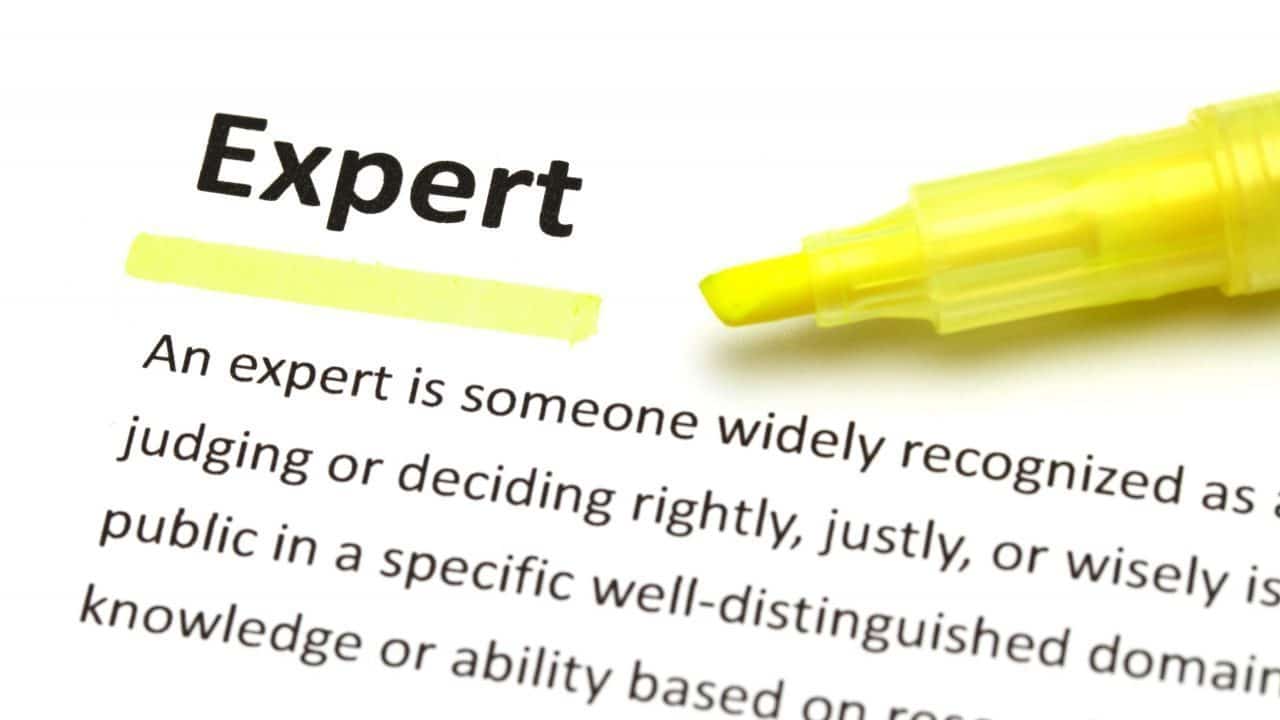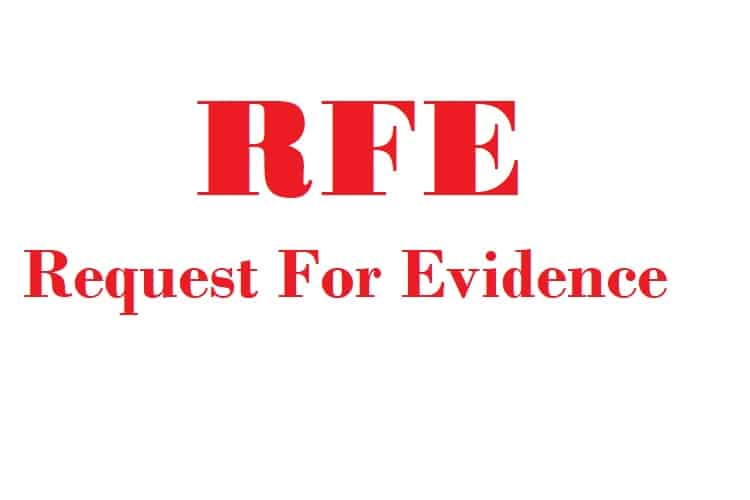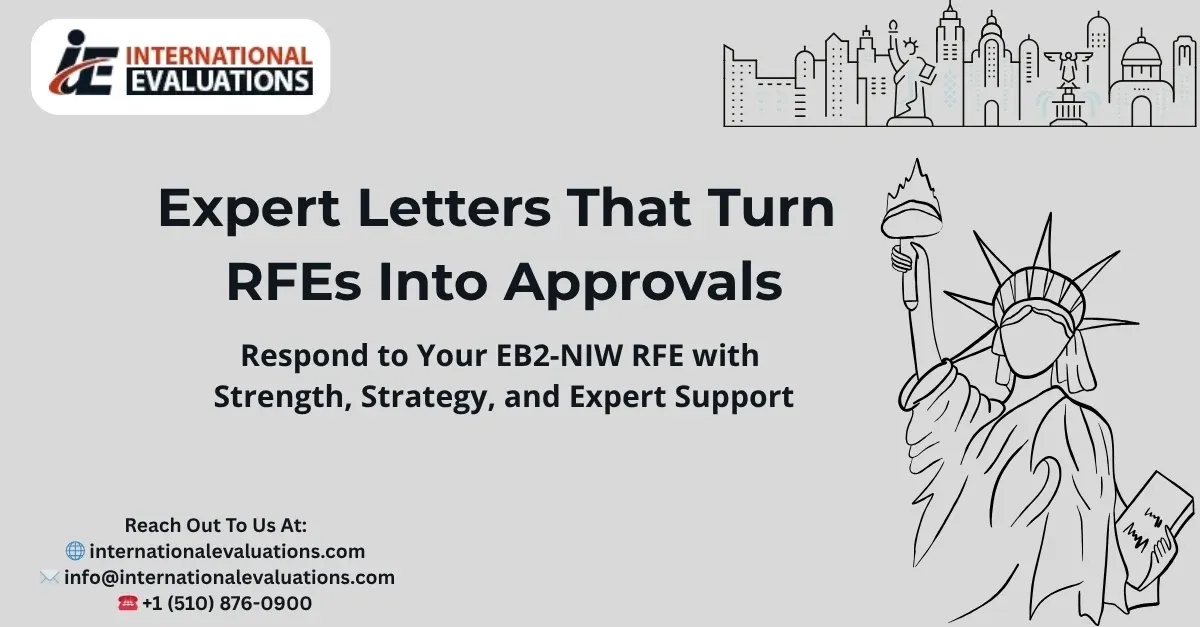Introduction
In today's competitive task market, having the ideal scholastic qualifications is typically insufficient to secure a preferable position. Employers progressively look for prospects with practical experience that aligns with their organizational needs. This shift has actually resulted in the development of work experience assessment strategies as an important tool for assessing an individual's competencies and possible contributions to a company. In this post, we will explore various techniques and methods for examining work experience, highlighting how these strategies can raise profession paths.
Elevating Profession Paths through Work Experience Examination Techniques
Work experience assessment plays an essential function in bridging the gap in between formal education and real-world application. By examining a person's work history and ability, employers can make educated hiring choices while candidates can efficiently showcase their abilities. Comprehending different evaluation methods will empower both celebrations, resulting in more significant employment outcomes.
Understanding Work Experience Evaluation
What is Work Experience Evaluation?
At its core, work experience evaluation involves analyzing a person's professional background to evaluate their skills, understanding, and achievements. This process typically includes reviewing task responsibilities, duties, and accomplishments in previous functions.
Why is Work Experience Assessment Important?
The importance of work experience evaluation can not be overemphasized. It allows employers to recognize candidates who have not simply theoretical knowledge but also practical skills that align with job requirements. For prospects, an effective evaluation can assist highlight transferable skills that might make them ideal for roles outside their previous industry.
The Function of Academic Credential Evaluation
What is Academic Credential Evaluation?
Academic credential examination describes the procedure of examining instructional certifications from one country against those from another. This evaluation is essential for international task candidates who need to prove that their education fulfills regional standards.
How Does Academic Credential Examination Intersect with Work Experience?
While scholastic qualifications supply a structure of understanding, they must be complemented by relevant work experience for comprehensive assessment. Companies search for candidates who have not just studied theory but have actually likewise used it practically in real-world situations.
International Credential Examination Services
Overview of International Credential Examination Services
International credential evaluation services concentrate on evaluating degrees and diplomas made outside the regional academic system. These services help facilitate international movement by guaranteeing that academic credentials are recognized across borders.
How Do These Solutions Effect Profession Advancement?
Having your global qualifications assessed boosts employability by supplying a clear understanding of how your certifications compare within a various context. This recognition can considerably affect profession development opportunities for migrants or people looking for tasks in foreign markets.

Course-by-Course Credential Evaluation
What is Course-by-Course Credential Evaluation?
Course-by-course credential assessments break down academic qualifications into private courses taken during the degree program. This comprehensive review supplies companies with insight into specific subject expertise.
Benefits for Job Seekers Utilizing Course-by-Course Evaluations
For job seekers, having a course-by-course credential assessment can display specialized abilities appropriate to the positions they are getting. It serves as evidence of their scholastic competence and improves their overall profile throughout the recruitment process.
Techniques for Efficient Work Experience Evaluation
1. Structured Interviews: A Key Evaluative Tool
Structured interviews involve asking standardized questions developed to examine particular competencies connected to job efficiency. These interviews assist ensure consistency throughout candidate evaluations.
- Benefits: Reduces bias Provides quantitative data Facilitates contrast among candidates
2. Abilities Assessments: Checking What Matters Most
Skills evaluations permit employers to evaluate candidates' capabilities through dry runs or simulations associated with the job's requirements.
- Benefits: Directly measures relevant skills Offers insight into problem-solving abilities Enhances prospect engagement
3. Recommendation Checks: Confirming Experience
Reference checks include connecting to previous employers or colleagues to validate a prospect's work history and efficiency levels.


- Benefits: Provides third-party insights Validates claims made on resumes Unveils soft abilities that might not appear in interviews
The Value of Expert Viewpoint Letters
What is an Expert Viewpoint Letter?
A specialist opinion letter acts as a main file written by professionals who assess a candidate's credentials based upon their experiences and accomplishments within specific fields.
How Can Professional Viewpoint Letters Aid Job Seekers?
These letters include credibility to a prospect's application by offering an authoritative recommendation of their skills and experiences from recognized professionals in the industry.
Integrating Company Plan Evaluations into Profession Development
What Works Strategy Examination Entail?
Business plan examinations evaluate the expediency and practicality of business concepts proposed by individuals or groups aiming for venture capital or entrepreneurship opportunities.
How Can Comprehending Business Strategies Raise Profession Paths?
For experts wanting to advance in management https://internationalevaluations.com/ or entrepreneurial roles, understanding how to evaluate company plans can hone tactical thinking skills-- an appealing quality for many employers.
Case Studies: Effective Application of Work Experience Evaluations
Case Research study 1: Technology Sector
A tech company implemented structured interviews integrated with technical assessments leading to greater worker retention rates due to much better positioning between prospects' abilities and job demands.
FAQs
What are some common approaches used in work experience evaluations? Common approaches consist of structured interviews, reference checks, skills assessments, and skilled viewpoint letters.
How crucial is scholastic credential examination in today's task market? Academic credential evaluations are essential as they verify educational backgrounds specifically for international applicants looking for employment locally.
Can I get my international qualifications evaluated online? Yes! Lots of companies offer online services where you can send your documents for assessment at your convenience.
What advantages do course-by-course examinations provide compared to basic evaluations? Course-by-course examinations offer in-depth insights into specific courses taken which can highlight specific know-how sought by employers.
Are specialist opinion letters mandatory when applying for jobs? No, they aren't usually compulsory but can considerably reinforce your application by providing extra validation of your competencies from market experts.
Is company strategy evaluation appropriate just for entrepreneurs? While mainly used by business owners looking for financing, comprehending service plan examinations is helpful throughout lots of managerial functions as it cultivates strategic thinking skills appropriate in different contexts.
Conclusion
Elevating profession courses through work experience evaluation techniques requires a nuanced technique that integrates scholastic qualifications with practical experiences successfully evaluated through various approaches such as structured interviews, reference checks, and professional opinion letters. As both staff members and companies end up being progressively familiar with the importance of these evaluations, adopting comprehensive assessment strategies will unquestionably cause much better hiring choices and enhanced profession development opportunities across industries.